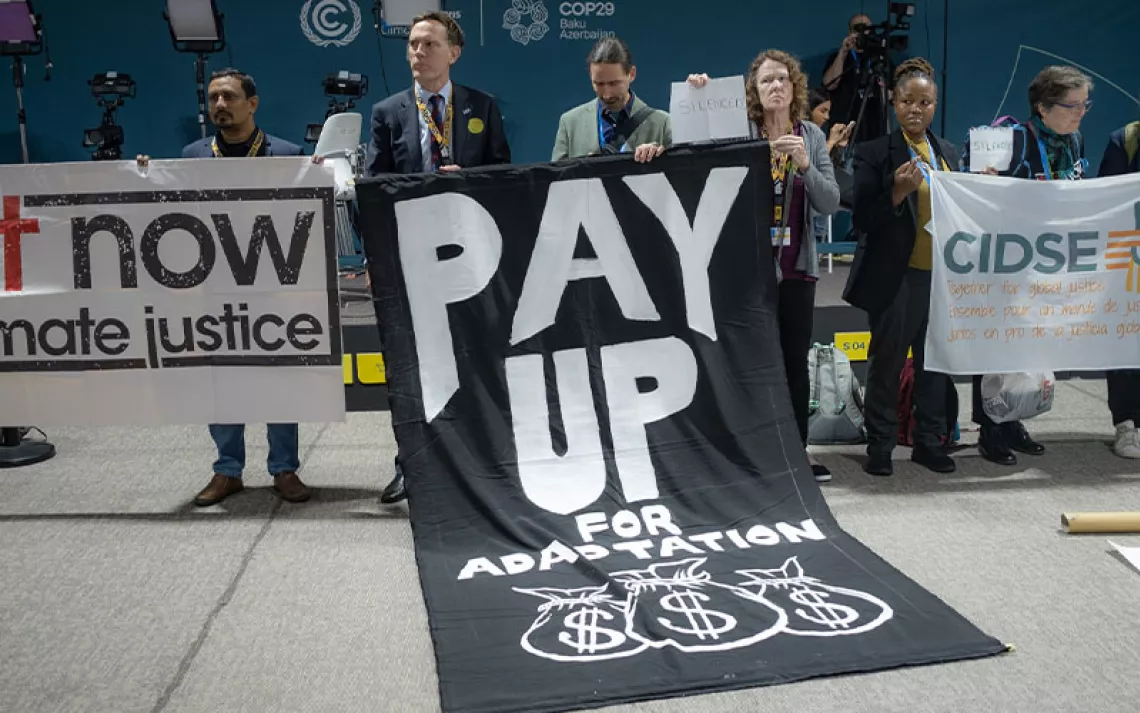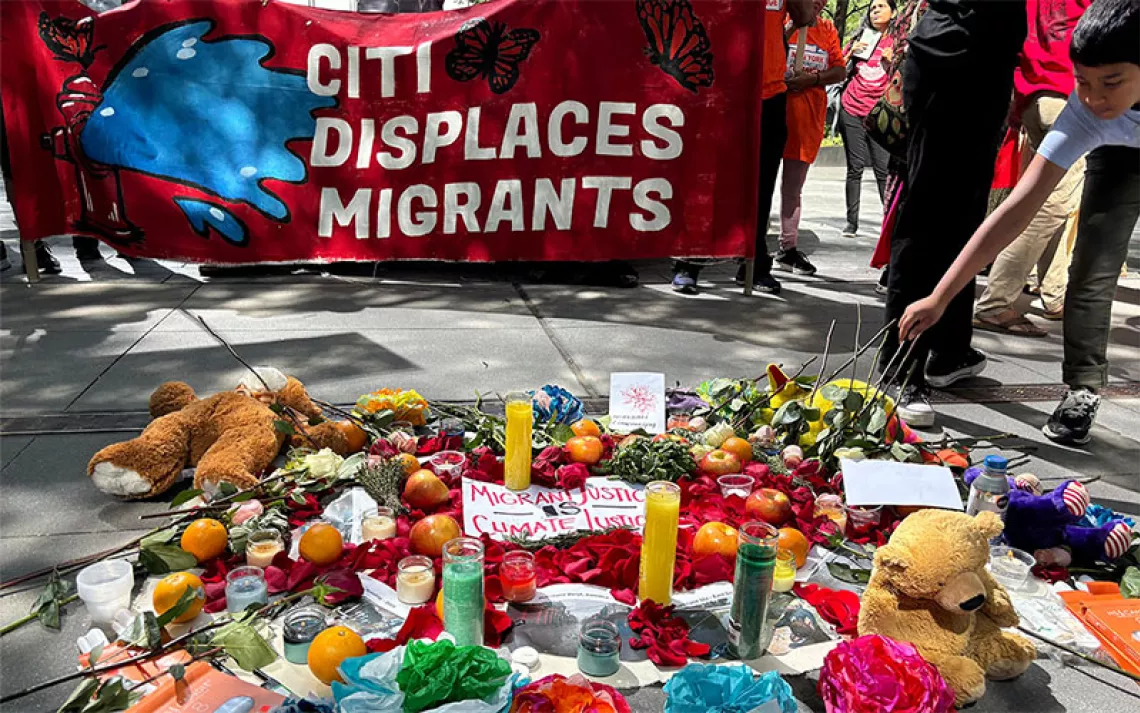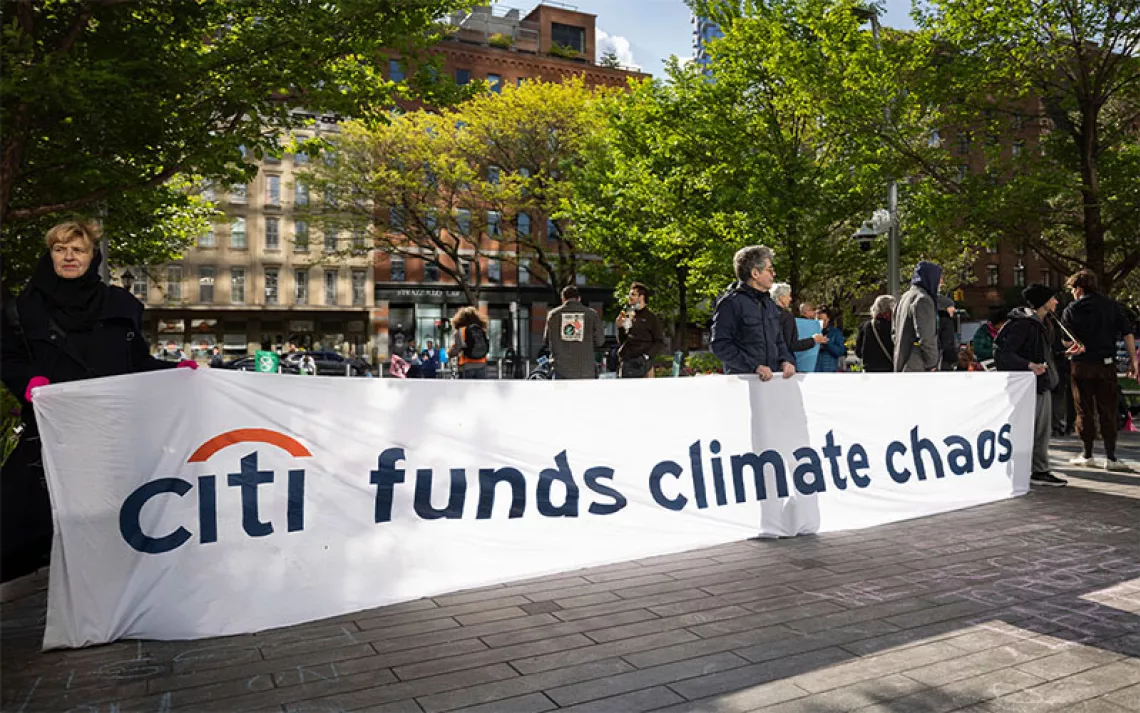Unpacking the BS About ESG
We have a right to invest in the next generation’s future

Photo by AlexSava/iStock
Distributed by Trice Edney Newswire.
If a public opinion poll last month is right, more than half of you won’t know what I mean by the initials ESG, and fewer than one in 10 will understand what the acronym means for financial markets. But listening to some self-interested politicians, many of whom have ties to our dirtiest industries, you’d think ESG was a significant threat to the American way of life.
For the record, ESG refers to responsible investing that considers companies’ environmental, social, and governance practices. That’s actually something most Americans support. More than half of us think financial managers should be allowed to consider environmental factors, climate threats, and the risk involved in fossil fuels’ future and that states should invest public retirement funds in clean energy. More than eight in 10 of us who invest for ourselves want sustainable options for our savings, Morgan Stanley has reported.
In economics class, we called that demand.
In his 2022 annual letter to CEOs, Larry Fink, chairman of the world’s largest investment adviser BlackRock, called it “stakeholder” capitalism. “It is capitalism, driven by mutually beneficial relationships between you and the employees, customers, suppliers, and communities your company relies on to prosper. This is the power of capitalism,” he wrote, adding, “We focus on sustainability not because we’re environmentalists, but because we are capitalists and fiduciaries to our clients. That requires understanding how companies are adjusting their businesses for the massive changes the economy is undergoing.”
Perversely, Fink has been pilloried by right-wing politicians as a green ideologue when his firm claims to be the largest single investor in fossil fuel companies on the planet. These same politicians are trying to prohibit this kind of responsible investing through state and federal laws.
They argue they are fighting for free market capitalism when really they are limiting investors’ freedom to choose and the information that they need to make decisions. It’s not free markets—it’s political pressure.
The costs of these mistaken and misrepresented policies are real. Economists from the Federal Reserve Bank of Chicago and the University of Pennsylvania determined that within eight months of Texas passing a law that prevented local governments from using five of the largest bond underwriters, taxpayers would pay $300-$500 million more on the $31.8 billion those governments wanted to borrow. That amounts to about a 1 percent tax on that debt. Not to mention the banks cut out of the Texas market, which have Texas employees whose companies can no longer compete in their state.
Fortunately, some public officials are insisting that they be allowed to shape portfolios in ways that are fiscally sound precisely because they consider environmental impacts. I was in New York City last week for an announcement by city comptroller Brad Lander and the trustees of the New York City Employees’ Retirement System and the Teachers Retirement System of their plan to reach net-zero pollution from emissions in their investment portfolios by 2040.
“If the cynical war of political distraction waged by red-state politicians at the behest of their fossil fuel donors deters us,” Lander predicted, “we will sacrifice our opportunity to maximize long-term investment returns along with millions of lives and trillions of dollars of global investment.”
Opponents of this responsible approach to investing derisively label it “woke” because they know that term creates confusion and, for some people, fear. The attack on ESG investing is a perfect wedge to divide us. If anything, the opponents of sustainable investing need to wake up to the idea that Americans want to pass on a safer, healthier planet powered by abundant energy to our children and our grandchildren. We want to put our money where our aspirations are.
 The Magazine of The Sierra Club
The Magazine of The Sierra Club



